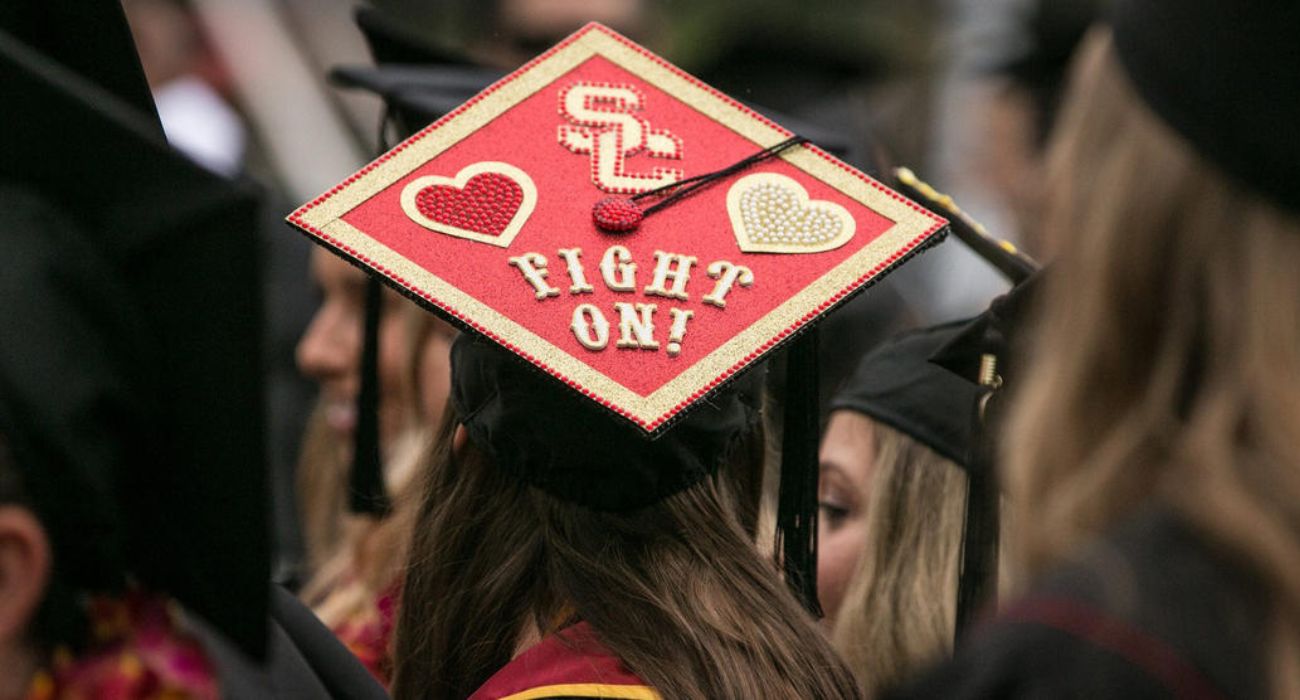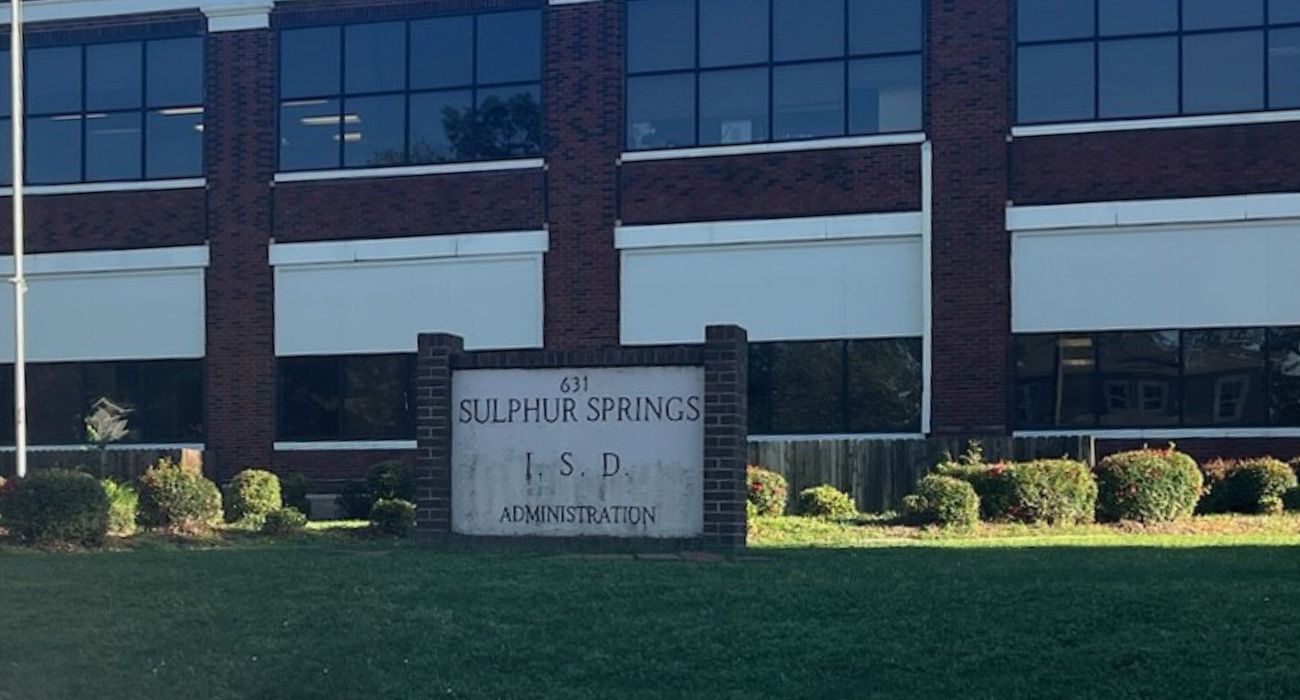Texas public universities have begun winding down their “diversity, equity, and inclusion” offices in preparation for a recently passed law that will take effect on January 1.
As reported by The Dallas Express, Texas passed the law to ban taxpayer-funded universities and institutions of higher education from establishing “diversity, equity, and inclusion” (DEI) offices or programs.
More specifically, SB 17 forbids any public university office from “promoting differential treatment of or providing special benefits to individuals on the basis of race, color, or ethnicity” and “promoting policies or procedures designed or implemented in reference to race, color, or ethnicity.”
Additionally, universities may not “compel, require, induce, or solicit any person to provide a diversity, equity, and inclusion statement or give preferential consideration to any person based on the provision of a diversity, equity, and inclusion statement.”
Some schools have already begun making changes ahead of the law, with the University of North Texas cutting its DEI office earlier this month, per The Dallas Express. Similarly, the University of Houston announced it would end its DEI office and LGBT Resource Center.
Angela Valenzuela, a professor at the University of Texas at Austin, lamented the upcoming law.
“It’s gonna feel like cold water, come January or before, when all of a sudden there [aren’t any] more programs like there had been previously that were paid by the state,” said Valenzuela, according to Prism Reports.
Texas Rep. Ron Reynolds (D-Missouri City), chairman of the Texas Legislative Black Caucus, denounced the law, claiming, “SB 17, which bans DEI, sends a distressing message that Texas, a state which has the largest population of African Americans, is unwilling to confront systemic inequities and provide an inclusive learning environment for all students.”
“By stifling open discussions on race, gender, and social justice, this legislation denies our young minds the opportunity to understand the diverse world they live in and perpetuates the cycle of ignorance and discrimination,” Reynolds alleged.
The law does not expressly prohibit discussions of race, only the differential treatment of people based on race.
Despite the law banning DEI offices in taxpayer-funded universities, private institutions have continued to pursue such initiatives. For example, at the grade school level, the private Fort Worth Christian School recently announced that it would establish a “Student Diversity Council,” as covered by The Dallas Express.
Beyond Texas, schools such as Stanford University have seen their DEI officers quit, and even private businesses have begun trimming DEI positions as economic conditions tighten.
Carol Swain, a distinguished senior fellow at the Texas Public Policy Foundation, said, “DEI programs have failed miserably over the years, even in their most basic functions.”
“These programs and consultants create conflict and distractions while adding nothing to the bottom line. In fact, many of the practices distract from profitability and the mission of organizations,” she suggested.






